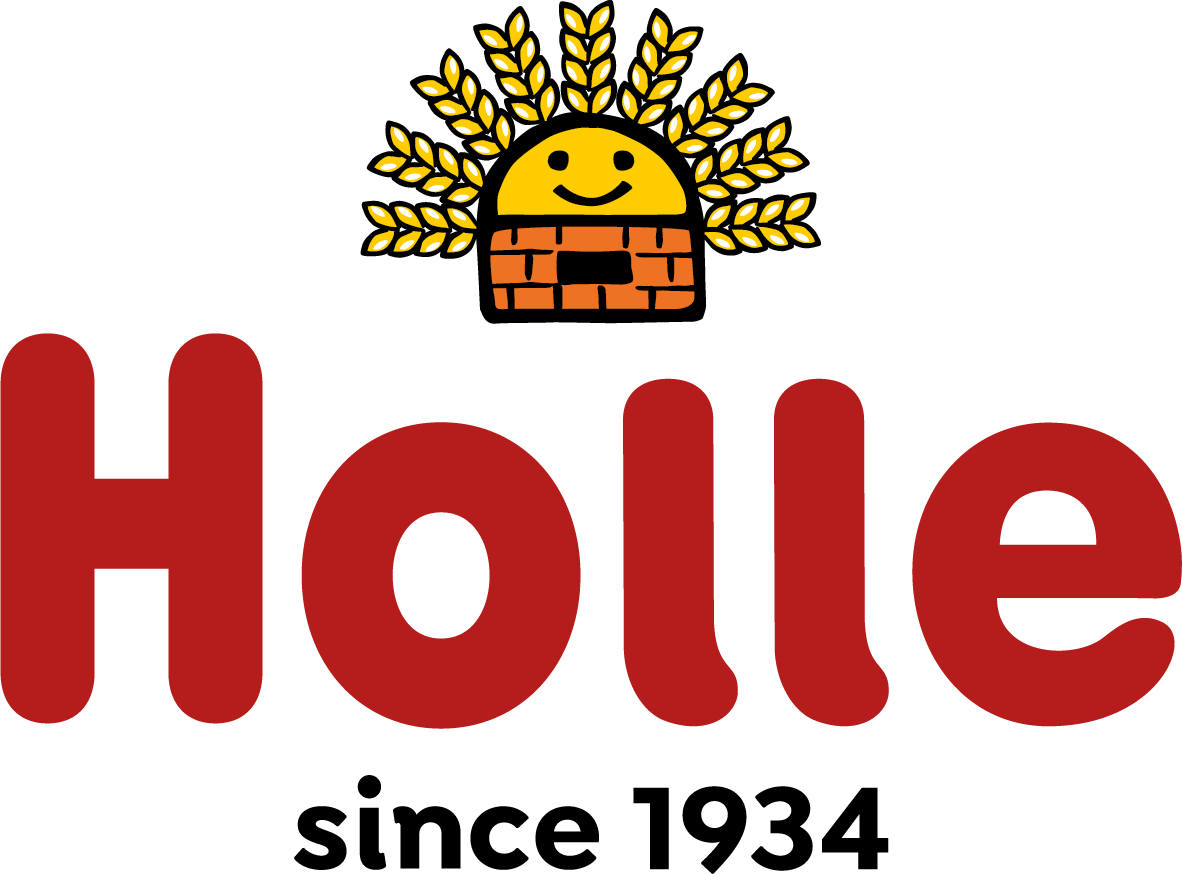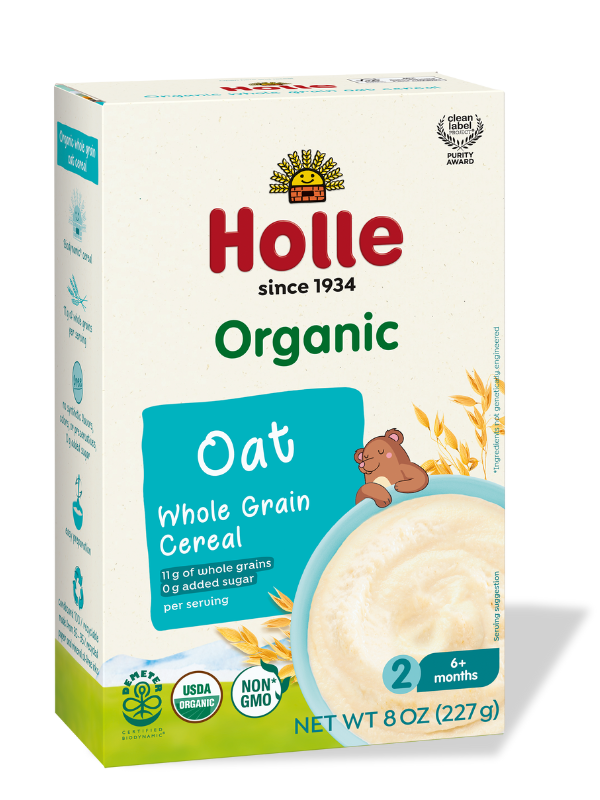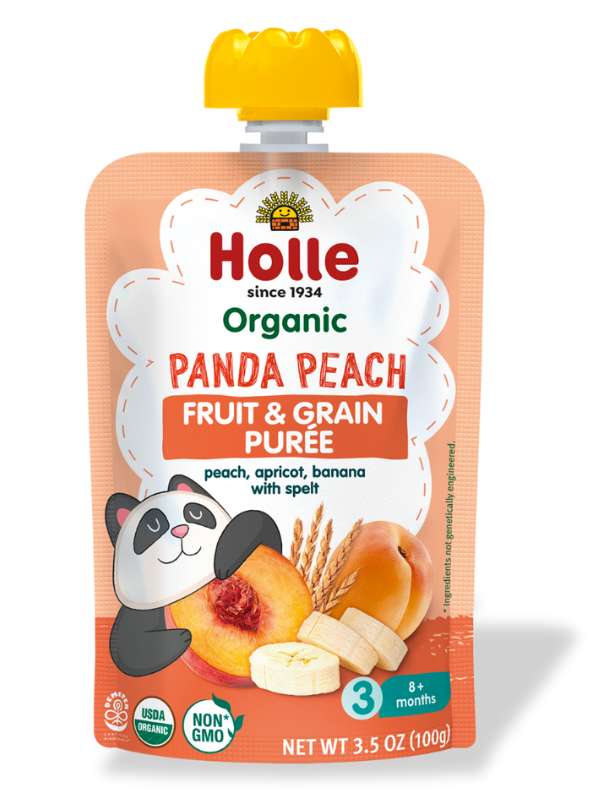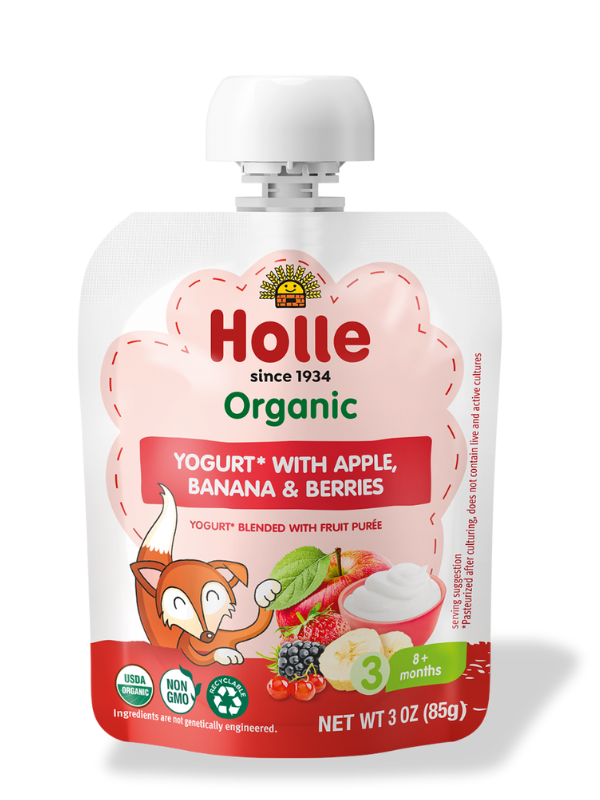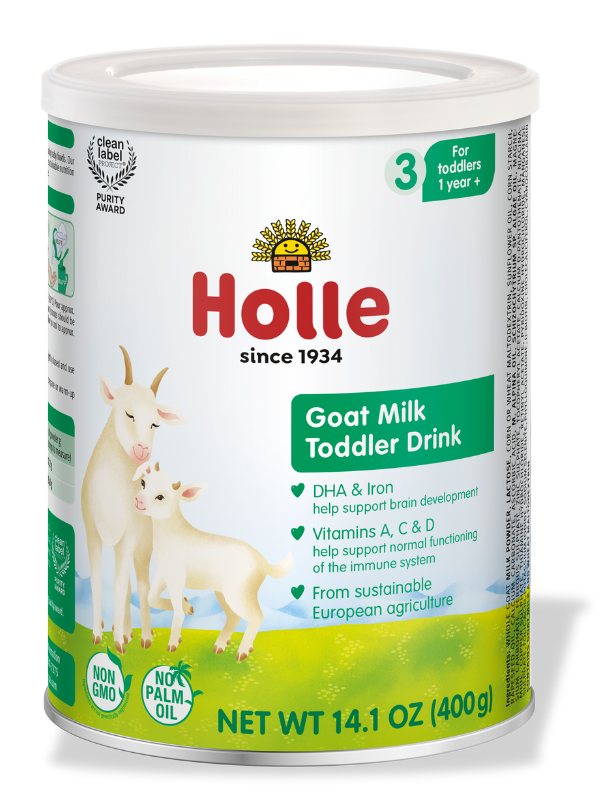4 Pressing Qs, Answered. PLUS! Supps, snacks & sips that will help kids feel their best.
What’s on the horizon for the kids’ health category as we emerge from the pandemic? We asked experts to share the insights that will help you plan, so you can help keep your customers’ kids feeling their best—and give those parents peace of mind that their kids are getting the quality nutrition they need as they head back to school.
- How has the kids’ health category has evolved in the past year due to the impacts of the pandemic?
Trisha Sugarek MacDonald, BS, MS, Sr. Director of R&D/National Educator, Bluebonnet Nutrition Corporation: “The impact of COVID-19 on children extends well beyond viral infection, with public health implications that could have life-long consequences. This is because in the post-COVID world, children’s diets are still being disrupted. Even if many have returned to in-person classrooms, the groundwork for ravaged routines has been set. Unfortunately, with routines being challenged, few children manage to eat a full range of nutritious foods every day like fruits, vegetables, whole grains, and fish. Add in the snacking of sugar-laden foods combined with getting less exercise and additional screen time, nutritional disaster has been noticeable. This has led many manufacturers to create products that consumers seek to maximize their health and boost their immunity while providing effective, nutritious, and safe formulations the whole family will love.”
Neil Edward Levin, CCN, DANLA, Senior Nutrition Education Manager, NOW: “Over the past 18 months, we’ve seen how parenting and schooling have changed dramatically. As many schools temporarily closed and primarily switched to online learning, both parents and students took on immensely stressful and difficult new roles. This disproportionately affected mothers as families were forced to find someone to stay at home and oversee their children’s learning while navigating technology and virtual classes. With children home all day, monitoring their eating and other health-related behaviors became a bigger issue than ever as they spent even more time on electronics. This almost continuous focus on their children’s homebound activities also produced a greater focus on child nutrition. The constant availability of a kitchen and snacks replaced a more structured school day and the limited times to access food there. Each location—home and school—also offered different dietary options. Each family had to manage new eating habits. And with the new focus on health during the pandemic, many parents sought the ability to provide ‘nutritional insurance’ by using dietary supplements to bridge potential nutrient gaps in children’s diets.”
Katherine Cole, R&D Manager, ChildLife Essentials: “The pandemic has made people more health-conscious regarding their daily habits, including their nutritional supplementation. At the same time, for many households, the pandemic has caused a drop in incomes and net-worth, which may have a negative effect on supplement purchase behavior.”
Christian Quie, President/GM, Mavericks Snacks: “With the pandemic’s onset, life changed drastically for both kids and parents—and the effects of these changes can be seen quite prominently in our industry’s evolution. The greatest shift came as a result of typical habits and usage occasions being altered to fit the new COVID landscape. School became a virtual endeavor, taking place at the kitchen counter rather than a classroom. Parents hit the pause button for all things ‘on-the-go,’ without soccer practice, play dates, and family trips. The industry responded in kind, focusing on value and flexibility over convenience. Speaking to kids snacking in particular, we found consumers wanted budget-conscious options in a format to accommodate at-home needs without sacrificing the quality, flavor and fun kids demand in a snack. In efforts to meet those needs, Mavericks quickly pivoted from our original 8-count multipack format to a new 7 oz ‘sharing size’ box. We also relaunched our website, www.mavericksnacks.com, to allow for direct shipments to consumers with ‘Subscribe and Save’ discounts for regular re-orders.”
Children’s Needs, and the Challenges Parents Face
“Children tend to be picky eaters,” points out Neil Levin of NOW. “Both taste preferences and other more stringent dietary practices can restrict what foods children can or will eat. The Scientific Report of the 2020 Dietary Guidelines Advisory Committee of the USDA tells us that for Americans ages one year and older, dietary intake distributions, along with biological endpoints, clinical indicators, and prevalence of health conditions measured through validated surrogate markers, suggest that current under-consumption of vitamin D, calcium, dietary fiber, and potassium is of public health concern.”
Levin says food patterns that represent healthy dietary patterns should:
- Provide the majority of energy from plant-based foods (veggies, fruits, legumes, whole grains, nuts and seeds)
- Include protein and fats from nutrient-rich food sources
- Limit intakes of added sugars, solid fats, and sodium.
“Unfortunately, that is not the typical dietary pattern for most children, or even most adults,” Levin laments. “For example, only 2% of Americans consume the recommended amount of nutrient-rich and fiber-rich whole grains, though we do eat plenty of refined ones. As a result, certain nutrients are under-consumed by all Americans ages 1 year and older: vitamins A, C, E, and K; magnesium; and choline.”
What’s more, Levin says, adolescents aged 9 to 14 years have been assessed with nutritional risk factors that are considered a public health challenge. “Girls have low intakes from foods and beverages of protein, iron, folate, vitamin B6, and vitamin B12, and girls and boys have low intakes of phosphorus, magnesium, and choline. The other issue is that special diets can restrict potential sources of essential nutrients. Gluten-free diets may lack phytonutrients such as vitamin E, fiber, and folate. A vegan diet has potential deficiencies of vitamin B12, zinc, iron, iodine, omega-3 fatty acids, and protein.”
- What are parents’ top concerns today, and what nutritional approaches can help?
Cole: “Immunity is always a huge concern for parents. Taking probiotics supplementation can help support the immune system. The bacteria found in the gut plays an important role in infants and children’s immune system development. Probiotic supplements would help foster a healthy quantity and diversity of these bacteria, which is essential in maintaining a healthy immune system. Numerous clinical trials have also been conducted to provide evidence on probiotics health benefits. Another top concern for parents is allergies that their children may have, which is why we try our best to minimize allergens in our products. Some of our products are free from the top eight allergens, and when possible, we seek out certifications such as NSF Gluten Free for applicable products. Beyond third-party certifications, we also test our finished products extensively to ensure there are no allergens present that are not listed on the label.”
Sugarek MacDonald: “Parents are looking for functional products that boost their children’s immunity and everyday wellness with clean label ingredients. Given food jags, eating on the run, poor food choices, and a bombardment of advertising that teaches kids to eat all the wrong foods, taking a multivitamin & mineral formula acts as an insurance policy to make sure each child gets all the essential vitamins and minerals needed for optimal growth and development. Bluebonnet’s Rainforest Animalz Whole Food Based Multiple, Vitamin C, Vitamin D, Probiotic, and combination formula of Calcium, Magnesium & Vitamin D all deliver a kosher-certified, gluten-free, comprehensive array of the essential micronutrients kids need daily with extra nutritional support to meet their growth and developmental, immune, gut, and bone health needs. As an added bonus, the nutrition scientists at Bluebonnet snuck in healthy super fruits (e.g., acai, acerola, apple, bilberry, blueberry, cherry, cranberry, goji, grape, orange, papaya, pineapple, prune, raspberry, and strawberry fruits, grape seed, and raspberry seed) and vegetables (e.g., broccoli, broccoli sprouts, brussels sprouts, carrot, kale, onion, spinach, tomatoes) that kids will love in most of these formulas.”
Levin: “Children’s developing bodies require plenty of omega-3 fatty acids as a physical component of brain, nerve, and eye tissues to support functional benefits in those areas. Wild-caught ocean fish and products obtained from grazing animals are the prime dietary sources. Some plants contain a form of omega-3 that can be converted into active forms like DHA in the body, but require adequate magnesium for the required enzyme to transform ALA into EPA and DHA. As the USDA reports, magnesium is typically under-consumed in modern diets. Since basic vitamins and minerals tend to be lacking in most modern diets, as confirmed by USDA dietary surveys, a basic multivitamin is a good insurance policy against potential deficiencies. The forms in dietary supplements are generally better absorbed and more stable than forms in food, but also convert into active forms that the body uses during digestion and absorption.”
David Johnson, CEO & Co-Founder of Genexa: “There is a growing awareness of ingredients in health and wellness products, particularly for children. Many parents share my concerns about the ingredients they are giving their children, and recent studies show that most parents prefer purchasing products with ‘free from’ claims for their children (1). Parents tend to view medicines that are free from unnecessary ingredients as ‘safer.’ Genexa offers a line of medicines and wellness products for children and infants that are made with organic and non-GMO ingredients and free of allergens, artificial dyes, flavors and preservatives. New products include Saline Care nasal saline solutions for children and infants free of artificial preservatives, and Vitamin D3 dietary supplements for children and infants with no artificial flavors and preservatives. Genexa also carries a line of USDA Certified Organic and Non-GMO Project Verified homeopathic medicines for children that address a variety of symptoms including cold, cough, allergies and sleep.”
Dave Heuvel, Co-founder and EVP of Sales and Marketing, Smart Baking Company: “Making sure your child is nourished and healthy is always a top concern for parents. With so many food products out there directly targeting children, it can be hard to see past the fluff of advertisement to what actually adds value to your kid’s diet. The CDC reports that 13.4% of children 2-5 years old are obese, with those numbers at 20.3% and 21.2% for those 6-11 and 12-19, respectively. One solution to this is offering healthy options for kids that aren’t packed with artificial flavors, sugar and unhealthy carbs—this works especially well if those options are grab-and-go so kids can have them at sports practice or in the lunchbox, and if they don’t look that different from the snacks other kids are eating. At Smart Baking Company, we pride ourselves on offering products that are not only good for you but taste delicious. We give kids the chance to dive into sweet treats like snack cakes and muffins just like their peers, all without having to worry about unhealthy side effects. Smartcakes and Smartmuf’ns are 0 sugar, 0 net carbs and gluten free, giving kids great benefits—and in something they want to reach for and enjoy eating.”
Quie: “When it comes to kids’ dietary habits, we found that an excess of added sugars and limited whole grain intake to be two key areas of concern for today’s parents. It’s been shown that consuming significant added sugar in childhood can lead to higher rates of obesity, high blood pressure, and type 2 diabetes, while kids develop lasting preferences toward overly sweet food and drinks. A priority for Mavericks is to develop cookies and crackers kids crave with lower added sugar—only 5g or less per serving, which is 40% less than the leading kids cookie. We’re also committed to including more whole grains per serving across our entire portfolio of crackers, at 8g. Whole grains are widely considered to be the one of the best sources of nutrients and fiber, helping to satisfy hunger for longer. The whole grains in Mavericks Snacks contribute to a well-rounded diet, power-packed to fuel kids’ fun throughout the day.”
Ron Blitzer, CEO, Holle USA / JSG Organics LLC: “Parents’ top concern—not only today, but always—has been to provide their babies with healthy, safe food choices. Parents have been searching for alternatives to American manufactured baby foods. Holle is listening to parents in America. Holle product lines are now offering FDA registered toddler drinks and puree fruits and vegetable shelf-stable pouches to American families. These pouches are from biodynamic farms that are non-GMO and meet FDA label and nutrition requirements.”
Dawn Kelley, President and CEO, Barney Butter: “Since the onset of COVID, we have all been more in tune with the immunity boosting aspects of our diets, looking for ways to protect ourselves and our loved ones. Having foods like almond butter in your pantry that pack the vitamins, minerals, and antioxidants that are important for good health is a ‘win’ all around. The benefits (specifically) are heart disease protection, high in monounsaturated fats and omega-3 fatty acids as well as vitamin E. The benefits of almond butter also include calcium for bones and magnesium for blood sugar control. Vitamin E also is an antioxidant that could aid in the prevention of diabetes, obesity, certain cancers, as well as general immune boosting. Parents are also looking for products free from allergens. Barney Almond Butters are all 100% peanut free. 11 million households are affected by or manage a peanut allergy. An estimated 32 million Americans have a food allergy in general including 5.6 million children (4).
- What do you see on the horizon for this category?
Cole: “We have been seeing a lot of immunity products delivered in new, fun formats, such as gummies, chews, functional beverages, and lollipops. There have also been some new ingredients rising to popularity, such as beta glucans, antioxidant-rich ingredients such as elderberry, and strain-specific probiotics. Vitamin D, which is usually linked to bone health, has also gained popularity as an immune-supporting ingredient.”
Levin: “Similar to general trends we’re seeing in the supplement industry, we expect to see a continued interest in immune support products for children due to the pandemic. With children most likely returning to the classroom full-time in the fall, and those under 12 currently not eligible for the COVID vaccine, we think that parents will prioritize their children’s immune health with supplements including Vitamin C, Vitamin D, probiotics and herbal products like echinacea and elderberry. NOW’s newly rebranded line of kid’s supplements, NOW Kids, includes many of these products in a variety of forms including great-tasting, sugar-free liquids and chewables.”
Heuvel: ”We see the opportunity to continue to expand products for those with limited options. Whether the consumer has a gluten intolerance or lives a gluten free lifestyle, they should never have to sacrifice taste just for listening to what is best for their body. We believe that we will continue to see product innovations that fit every lifestyle. Smart Baking Company is always working to continue upgrading and innovating our established line of products. The latest innovation is our Smartcakes + Vitamin C. They contain 100 percent of the daily recommended value of vitamin C so we can give the consumer even more value. We also changed the way we bake and package our products to ensure these all-natural treats stay fresher, longer.”
Blitzer: “The baby food space in the U.S. is being disrupted with the emergence of some great new baby food companies. Established organic brands are being sold off and a whole new breed of healthy, safe, organic, non-GMO American brands are emerging. What is so interesting is that this sea of change in the baby food industry is happening at the same time that the U.S. government reported the U.S. birth rate fell 4% last year, the largest single year decrease in nearly 50 years. This low birth rate trend may continue or family formation will yet grow again. Holle is uniquely positioned to lead the category and its success is rooted in community. The word ‘community’ certainly felt different this past year, especially for new parents whose maternity and birthing experience has been anything but normal. Holle has the opportunity to build and nurture strong, engaged online and supermarket communities where Holle moms and dads can find love, comfort and Holle at their local health food market.”
Quie: “As we edge closer to a post-pandemic lifestyle, I think many habits developed during COVID will remain. Parents will continue to seek the critical balance of value and quality when shopping for their families—particularly in kids snacking—and the desire to shop primarily online is one that’ll likely remain for quite some time. However, the opportunity for young, growing brands like Mavericks to engage directly with consumers through in-store sampling and community events will be a welcome change. Having launched in April 2020 with the onset of COVID, we’ve been unable to introduce our snacks one-on-one like we normally would—sharing Mavericks with consumers, gaining their insights and feedback, and using that as a means to grow and innovate will certainly be a welcome change, not just for us but for many other emerging brands like ours. As family activities outside the home resume, we also envision a strong return to ‘on-the-go’ snacking, where our original multipack format will be more in demand as a convenient, single-serve option.”
Kelley: Almond butter has become the most versatile pantry basic. It’s one of the top ingredients in new product innovation because it is delicious, nutritious and can be used in recipes for every meal and snack of the day. We are seeing a trend towards the desire for a clean, lower (or no) sugar or salt added, almond butter. Our Barney “Bare”, with no added sugar or salt, has rapidly gone to our number one or two SKU across the board. There is also some room for consolidation in the category, because most almond butters are made by co-packers (Barney Butter is not, we manufacture our own with our own proprietary grinding and blending systems) they are similar products in taste and grind, as well as potentially being made in facilities with cross-contaminations/allergens such as peanuts, other tree-nuts, dairy or gluten.
-
What is your top advice to help natural products retailers succeed in this space?
Sugarek MacDonald: “Safety and taste are by far the most important considerations when developing children’s health products. Focusing on these key selling points can be beneficial and will most definitely catch a parent’s attention. Because many children are picky eaters, it is important to make great-tasting products they will love to take daily. If they do not like it, they will not take it! Just ask any mom. Furthermore, behind the scenes, it is even more critical that the products are formulated to be safe and effective. This is a no-brainer but should be mentioned nonetheless. Another way to create safer products that will attract a mom’s attention is to focus on clean label initiatives like kosher, allergen-free, non-GMO, and free of artificially derived flavors, colors, and sweeteners. Certifications and clean label initiatives such as these can also help to ease parents’ minds, knowing their children are getting the safest nutrition possible.”
Johnson: “Emphasizing a product’s clean differentiators will help retailers succeed in this category. Parents are looking for products with ingredients they can feel good about, and calling out certifications such as organic, gluten-free and vegan can help direct the customer to products that best align with their preferences. Additionally, retailers can expand natural product sets within children’s health categories to support an upward trend of parents purchasing more natural remedies” (1).
Heuvel: ”Keep your consumers in mind. At Smart Baking, we strive to bring everyone a place at the table to enjoy delicious treats and products that promote health and work with their diets. Our products allow kids with diabetes or gluten intolerances a chance to dig into baked goods that will deliver the same flavors as those packed with sugar and artificial ingredients.”
Blitzer: “Retailers have a responsibility to provide safe and healthy foods to their customers. Generally speaking, the organic and natural grocers have so much to contend with after this pandemic. Returning shoppers in-store will likely be looking for new brands that offer values they can depend on. Holle offers quality, mindful products; baby food produced with raw ingredients grown with biodynamic and organic standards; an unwavering commitment to babies and their future; and an unrivaled 88-year track record for sustainable behavior.
Kelley: There are a lot of “me-too” almond butter brands on the shelf. Consumers want options, variations and specific “free-from” attributes or claims. For example, Barney Butter is peanut free and made in a peanut free facility, for families (and extended families/communities) that manage a peanut allergy, they will go where their preferred peanut allergy safe brand (Barney Butter) is sold. Based on a third-party consumer study recently conducted (Insights/Qualtrics May 2021), 40% of consumers will take their entire basket elsewhere if unable to get their preferred peanut free almond butter brand (specifically Barney Butter).
Quie: “Remain committed to the values that differentiate your business from the rest. For Mavericks, it comes down to offering healthier snacks kids crave with ingredients they deserve—creating an option where families never need to sacrifice taste for quality. That’s something we won’t compromise, despite any unforeseen circumstances ahead! Also at the forefront is a need to continue innovating, with many families ready for exciting new snack options after a year of consistent heritage brand use. While many consumers weren’t looking for new alternatives amidst the pandemic, as the world opens back up, so will their craving for innovative snacks for the whole family.” WF
References
- “Children and Health, US, February 2018.” Mintel. https://store.mintel.com/report/children-and-health-us-february-2018
- https://www.healthybabyfood.org/ . Accessed 07/01/2021.
- Subcommittee on Economic and Consumer Policy Committee on Oversight and Reform U.S. House of Representatives, “Baby Foods Are Tainted with Dangerous Levels of Arsenic, Lead, Cadmium, and Mercury.” 02/04/2021. Accessed 07/01/2021. https://oversight.house.gov/sites/democrats.oversight.house.gov/files/2021-02-04%20ECP%20Baby%20Food%20Staff%20Report.pdf
- Foodallergy.org
